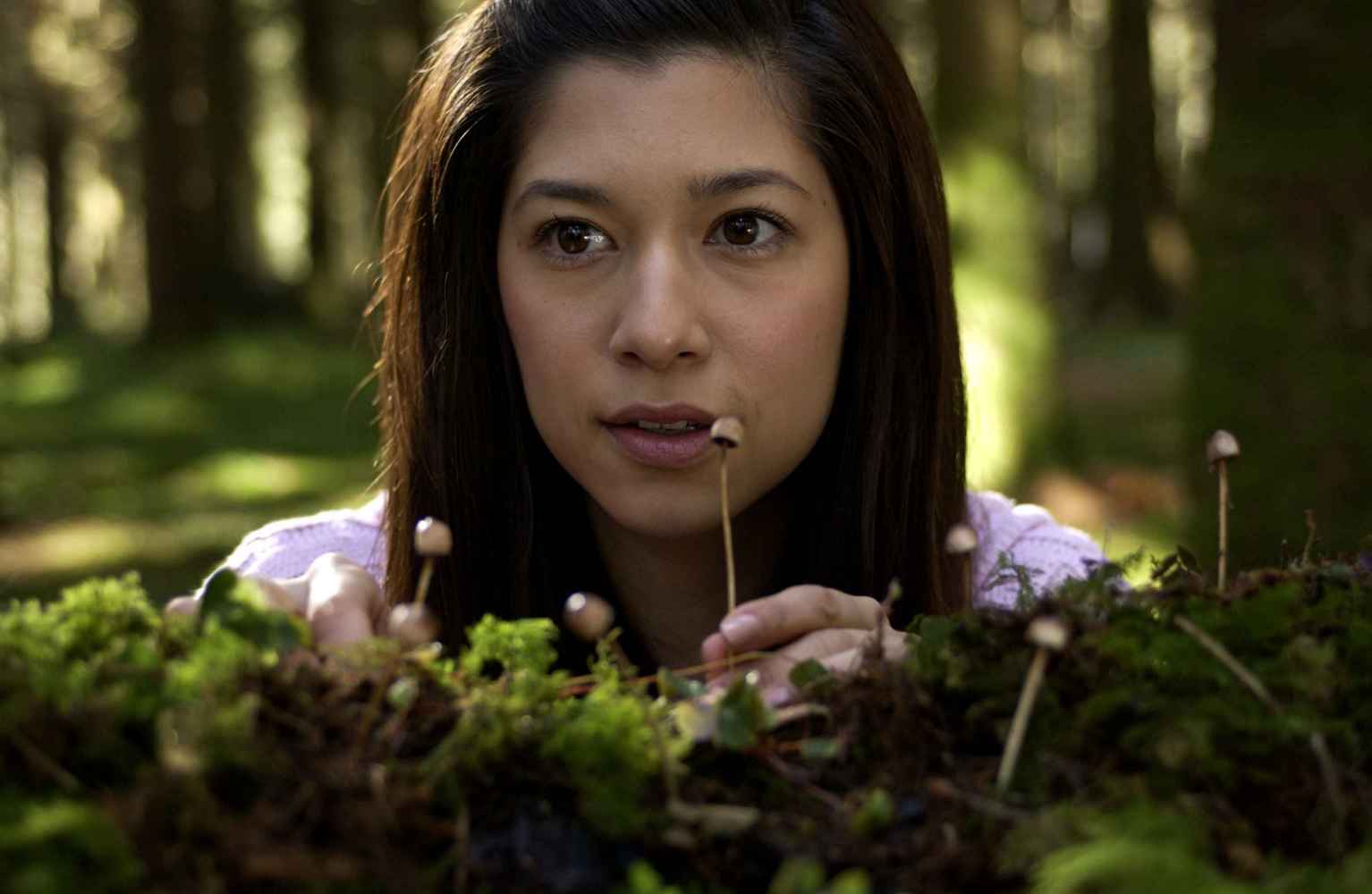Roland Griffiths, Ph.D., is Professor in the Departments of Psychiatry and Neurosciences at the Johns Hopkins University School of Medicine. His principal research focus in both clinical and preclinical laboratories has been on the behavioral and subjective effects of mood-altering drugs.
Roland Griffiths took 36 healthy volunteers who have never had a psychedelic experience. After 2 months of having their first Psilocybin experience the volunteers were given various questionnaires to gauge the effect of the psychedelic experience.
70 percent of people were saying. “This is among the 5 most personally meaningful experiences of my life.” I would ask people, what does that mean? Tell me about that. “When my first child was born that changed my life forever. Recently my father passed away, its kinda like that.”
80 percent of the volunteers said that the experience increased their sense of well-being and life satisfaction. No one said it decreased it.
Magic Mushrooms have been around far longer than our civilization. It’s thrilling that science is finally discovering the magic in mushrooms!



